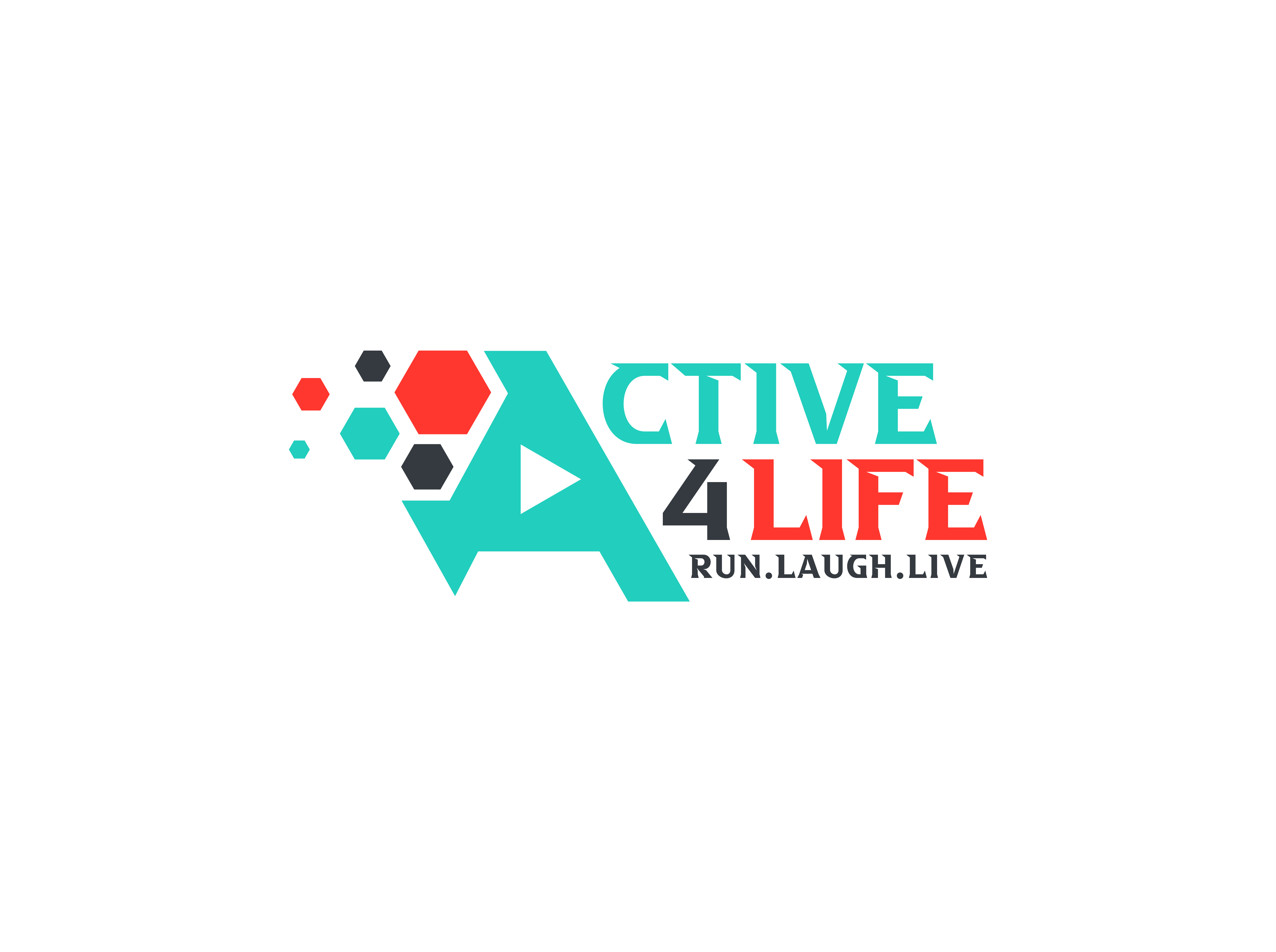#1 Start training early, but not too early
Marathon training should not be rushed. You need enough time to build up in distance gradually to allow your body to adapt without injury or overtraining. You also don't want the training to continue too long risking loosing motivation and become burnout physically and mentally. Allow 12 -18 weeks of preparation depending on your experience and your current fitness levels. Always keep in mind, when standing on the startline you want to be feeling fit, fresh, healthy and hungry for the challenge.
#2 The Long Run
This is your most important run of the week. Not just for marathon training! These regular long easy distance runs will develop the physical and mental endurance you need to get through your marathon. Plus more (you can read all the benefits here : https://active4life.co.za/blog/long-run-benefits/. For the average runner, taking 4-6 hours to complete the marathon, the majority of your long runs need only be in the region of 2 hours. You will also include one or two runs of 2 hours 15 - 2 hours 45 and one final big long run of 3 hours to 3 hours 15 minutes. Faster runners who are going for a quick time will want to do one run of around 28km and one final long run of 32km . The rest would be runs of 20-24km. For the slower runners I give the length of the run in time rather than distance as you are running these runs a lot slower, and to do too many very long duration runs will burn you out before your marathon. Getting past the 3 hour mark I have found is a good psychological and physical barrier to conquer and is realistic to build up to for your general club runner.
#3 Strength
Before you even start getting into the big miles it will be hugely beneficial to get going with strength work. Stronger muscles, ligaments and tendons from weight work will not only help you run faster and maintain pace and form at the end of the marathon, but will also make you more resilient to the rigors of marathon training reducing injury risk. Two workouts a week is sufficient and workouts should be short and targeted.
#4 Tempo
The tempo run is one of the best sessions to condition your body for running a good marathon. These runs vary from short (about 12-14km) right up to as long as 32km for elite runners. For your average runner, 12-20km is good. These are run at between half marathon and goal marathon pace. You should be able to talk, but not chit chat. Tempo runs are great for rehearsing race nutrition as you are running at the type of effort you will be running at on race day.
#5 Nutrition
Once you go over the 2 hour mark then pre-race and race nutrition starts playing a critical role in whether you make it or not. Pre-race and race nutrition needs to be practiced in training to sort out what works and what does not and also to train your gut to absorb food on the run. Practice at race paces, it is easy to eat and drink on a slow jog, but start picking it up and yoru stomach becomes another beast.
Take the guesswork out of your marathon preparation by signing up for personalised guidance with your Trainsmart package. Click here for more: https://active4life.co.za/trainsmart/
Onwards and upwards!
Coach Kathleen
Professional running coach
Cape Town, South Africa


